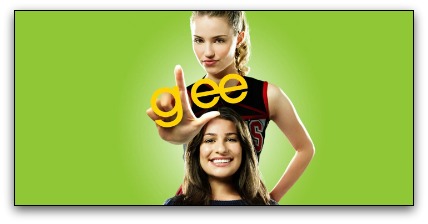I remember Morgan best from his brilliant turn as the appropriately named Oily Perkins in the Western-comedy “Support Your Local Sheriff” (1969). RIP, Oily. — JN
Harry Morgan was born Harry Bratsburg on April 10, 1915, in Detroit. His parents were Norwegian immigrants. After graduating from Muskegon High School, where he played varsity football and was senior class president, he intended to become a lawyer, but debating classes in his pre-law major at the University of Chicago stimulated his interest in the theater. He made his professional acting debut in a summer stock production of “At Mrs. Beam’s” in Mount Kisco, N.Y., and his Broadway debut in 1937 in the original production of “Golden Boy,” starring Luther Adler, in a cast that also included Karl Malden and Lee J. Cobb.
After moving to California in 1942, he was spotted by a talent scout in a Santa Barbara stock company’s production of William Saroyan’s one-act play “Hello Out There.” Signing a contract with 20th Century Fox, he originally used the screen name Henry Morgan, but changed Henry to Harry in the 1950s to avoid confusion with the radio and television humorist Henry Morgan.
Mr. Morgan attracted attention almost immediately. In “The Ox-Bow Incident” (1943), which starred Henry Fonda, he was praised for his portrayal of a drifter caught up in a lynching in a Western town. Reviewing “A Bell for Adano” (1945), based on John Hersey’s novel about the Army in a liberated Italian town, Bosley Crowther wrote in The New York Times that Mr. Morgan was “crude and amusing as the captain of M.P.’s.”
He went on to appear in “All My Sons” (1948), based on the Arthur Miller play, with Edward G. Robinson and Burt Lancaster; “The Big Clock” (1948), in which he played a silent, menacing bodyguard to Charles Laughton; “Yellow Sky” (1949), with Gregory Peck and Anne Baxter; and the critically praised western “High Noon” (1952), with Gary Cooper. Among his other notable films were “The Teahouse of the August Moon” (1956), with Marlon Brando and Glenn Ford, and “Inherit the Wind” (1960), with Spencer Tracy and Fredric March, in which he played a small-town Tennessee judge hearing arguments about evolution in the fictionalized version of the Scopes “monkey trial.” In “How the West Was Won” (1962), he played Gen. Ulysses S. Grant.
After a personable performance as Glenn Miller’s pianist, Chummy MacGregor, in “The Glenn Miller Story” (1954), starring James Stewart, he often played softer characters as well as his trademark hard-bitten tough guys. There were eventually a number of comedies on his résumé, among them “John Goldfarb, Please Come Home” (1965), with Shirley MacLaine and Peter Ustinov; “The Flim-Flam Man” (1967), with George C. Scott; “Support Your Local Sheriff!” (1969), with James Garner and Walter Brennan; and “The Apple Dumpling Gang” (1975), a Disney movie with Tim Conway and Don Knotts.
He returned as Bill Gannon, by now promoted to captain, in the 1987 movie “Dragnet,” a comedy remake of the series starring Dan Aykroyd and Tom Hanks.
Mr. Morgan’s television credits were prodigious. He once estimated that in one show or another, he was seen in prime time for 35 straight years. Regarded as one of the busiest actors in the medium, he had continuing roles in at least 10 series, which, combined with his guest appearances, amounted to hundreds of episodes. He reprised the role of Sherman Potter in “AfterMASH” (1983-85), a short-lived spinoff.
Full obit here.

COMMENTS
Please let us know if you're having issues with commenting.